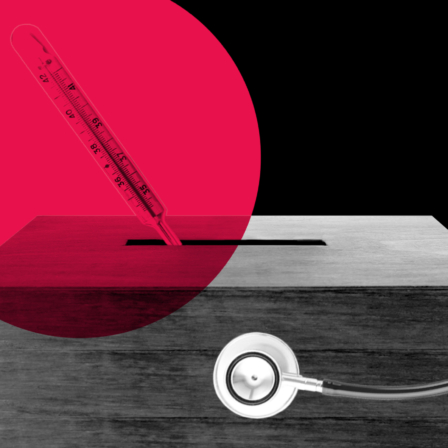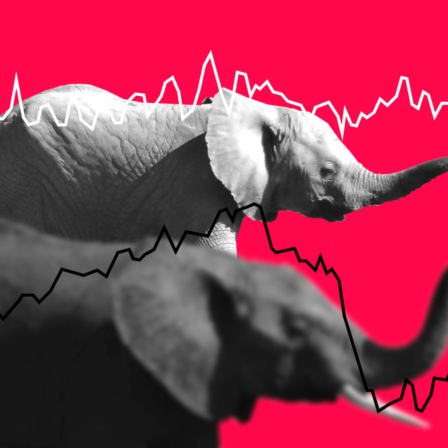This text is adapted from The era of populism – seasonal fluctuation or a permanent change?, an in-depth look into the phenomenon of populism around the world.
Political researchers have long debated whether populism is a necessary corrective or a threat to democracy. Research provides support for both claims (Mudde and Kaltwasser 2012).
Whatever side is taken, the increase in the popularity of populist movements shows that democracy is not faring well. And yet, recent surveys suggest that a clear majority of the global population would still like to live in democratic countries.
The perceptions of democracy have not changed as dramatically as the election of Donald Trump as the President of the US, the referendum on the UK’s EU membership, or the latest developments in, say, Hungary, Poland, or Germany would have us believe.
The question, more than anything, is whether people’s dissatisfaction with democracy has to do with its basic principles or merely with the faults that have appeared in the system over time.
Below are three arguments from the research: both for the ways in which the rise of populism signals the end of democracy as well as the ways in which it can be seen as a corrective measure for the continuance of democracy. It is for the leaders and readers to decide whether it can be seen as an opportunity or a threat.
THREE ARGUMENTS FOR WHY POPULISM IS SIGNALLING THE END OF DEMOCRACY
- Populists resist pluralism. Populists claim that only they are the real representatives of the people. Claiming that we are also part of the people is much different to declaring that we alone are the people. This difference also separates populist rhetoric from the claims of civil rights activists. Populists’ representative claim is not empirical but moral in nature, which means that populists can always claim that anyone who does not support their ideas is also not a proper citizen. This model of thinking is summed up by the comments of Nigel Farage, the main architect of The UK’s EU exit campaign, who stated that Brexit was a victory for “real people.” By doing so, he was effectively defining the 48 per cent of citizens who voted to stay in the union as something other than real citizens.
- Even when in power, populists often try to present themselves as an oppressed minority.
- Populists govern primarily with three techniques, all of which promote authoritarianism:
- An effort to take control of all state institutions.
- Corruption.
- Systematic repression of civil society.
THREE ARGUMENTS FOR WHY POPULISM IS A CORRECTIVE MEASURE THAT CAN RESTORE FAITH IN DEMOCRACY
- Populism brings the politics back to politics. It stimulates the polarisation that is a part of democratic politics and can add responsibility to the democratic system by bringing certain issues back inside the sphere of politics. As a result, it is a force that opposes the “judicialisation” and economisation of politics.
- Populism gives a voice to people excluded from politics. As long as protest remains a part of the democratic system, populism does not represent a threat to democracy.
- Populism puts themes rejected by traditional parties but still important to the majority of the population back on the political agenda (immigration and criticism of the EU).
ULTIMATELY WHAT HAPPENS NEXT IS WHAT IS IMPORTANT
What matters most, in the end, is what occurs once populists come to power. The impact of populism and whether it proves as a corrective measure or a threat to democracy depends on many factors: the structure of the election and party system in the country (for example, a presidential or a parliamentary system, a multi-party system or a two-party system), the position of the populist party in the party system, support for the party in question, whether the populists are part of the government or outside it, and the overall state of democracy in the country.
When in opposition, populists have not presented a threat to democracy, but many recent examples indicate that once they achieve a strong position of power, populist parties can truly destabilise the democratic system.
For now in Germany populists remain in the opposition. But the question is, for how long? A lot is at stake in the years to follow, not only for Germany but for democracy as a whole.




















Articles.
Share these too.